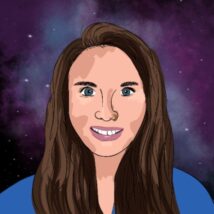
Maria Temming
Assistant Managing Editor, Science News Explores
Maria Temming is the Assistant Managing Editor at Science News Explores. Maria has undergraduate degrees in physics and English from Elon University and a master's degree in science writing from MIT. She has written for Scientific American, Sky & Telescope and NOVA Next. She’s also a former staff writer at Science News.

All Stories by Maria Temming
-
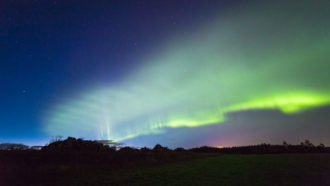 Earth
EarthNewfound ‘dunes’ is among weirdest of northern lights
There’s a new aurora dubbed the 'dunes.' It’s weird and joins the ranks of black auroras, STEVE and other odd natural light shows.
-
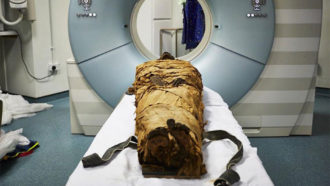 Archaeology
Archaeology3-D printing helps resurrect an ancient Egyptian mummy’s voice
A 3-D printed mold of a mummy’s vocal tract reveals what the mummy may sound like today.
-
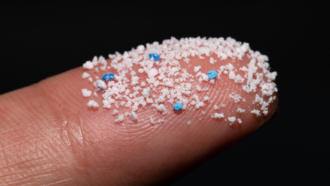 Earth
EarthHelp for a world drowning in microplastics
Microplastic pollution in our oceans and lakes is a problem. Scientists are testing solutions — from more biodegradable recipes to nanotechnology.
-
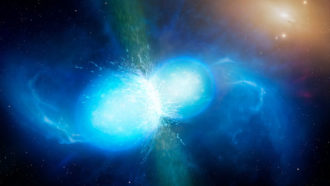 Physics
PhysicsFirst heavy element identified from a neutron-star collision
Scientists have at last witnessed newborn strontium in the afterglow of a neutron-star smashup. It confirms what they had suspected about how many massive stars are created.
-
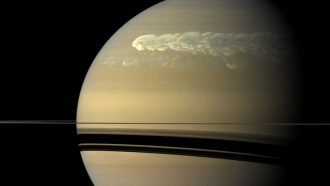 Planets
PlanetsAstronomers spot new type of storm on Saturn
These storms are bigger and longer lasting than squalls but not nearly as massive as this planet's Great White Spots.
-
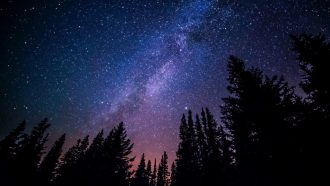 Tech
TechThis device uses the cold night sky to generate electricity
A new device uses the temperature difference between Earth and outer space to create electricity after dark. Powering a lamp, it would be the ultimate night light.
-
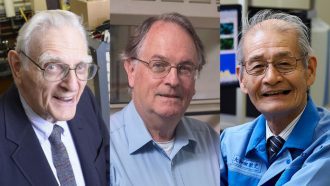 Chemistry
Chemistry2019 Nobel Prize in chemistry goes for pioneering lithium-ion batteries
Today’s lithium-ion batteries power everything from smartphones to computers. Three scientists who pioneered those batteries just got the 2019 Nobel Prize in chemistry.
-
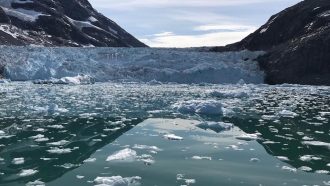 Climate
ClimateReport sums up climate’s already dramatic impact on oceans and ice
Melting glaciers, stronger storms and acidifying oceans are signs of climate change today, a new IPCC report says. Putting a brake on greenhouse emissions could limit how dire things get.
-
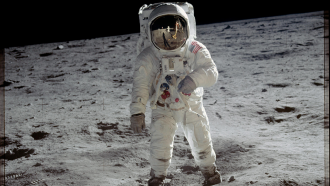 Space
SpaceLearning from what Apollo astronauts left on the moon
In the 1960s and ’70s, Apollo astronauts left trash, mementos and science experiments on the moon. Researchers want to study and preserve the relics.
-
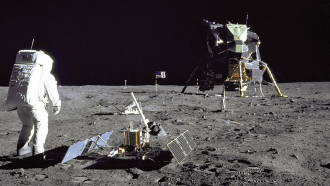 Planets
PlanetsPreserving remnants of human culture on the moon
Artifacts left behind by lunar landings have value to research and human history. Scientists now want to preserve those cast-offs while also learning from them.
-
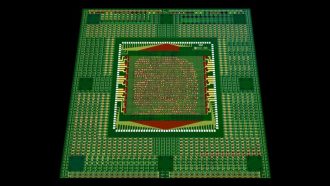 Computing
ComputingComputer chips from carbon nanotubes, not silicon, mark a milestone
Silicon has been king of cutting-edge electronics. But that reign may soon end, with carbon nanotubes taking silicon’s place.
-
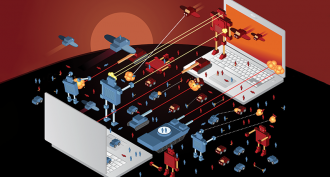 Tech
TechAI can learn real-world skills by playing video games
Video games are helping AI systems work together and adapt to real-world situations.